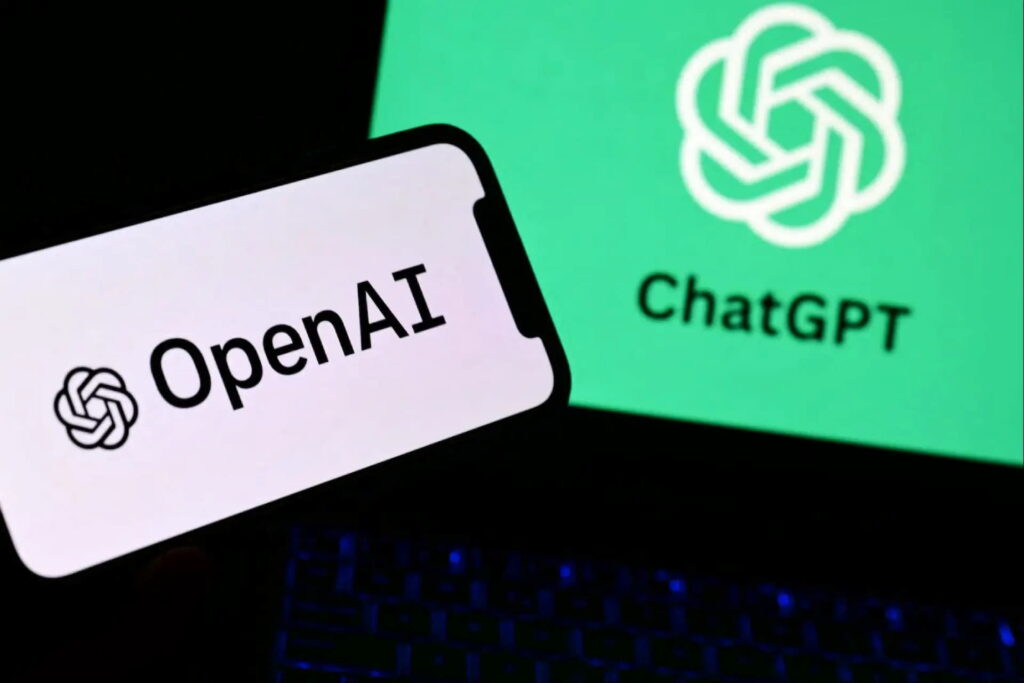Canadian news publishers clash with OpenAI in landmark copyright case
The Ontario case against OpenAI is Canada’s first copyright lawsuit over generative AI training on media content.

OpenAI is set to argue in an Ontario court that a copyright lawsuit by Canadian news publishers should be heard in the United States. The case, the first of its kind in Canada, alleges that OpenAI scraped Canadian news content to train ChatGPT without permission or payment.
The coalition of publishers, including CBC/Radio-Canada, The Globe and Mail, and Postmedia, says the material was created and hosted in Ontario, making the province the proper venue. They warn that accepting OpenAI’s stance would undermine Canadian sovereignty in the digital economy.
OpenAI, however, says the training of its models and web crawling occurred outside Canada and that the Copyright Act cannot apply extraterritorially. It argues the publishers are politicising the case by framing it as a matter of sovereignty rather than jurisdiction.
The dispute reflects a broader global clash over how generative AI systems use copyrighted works. US courts are already handling several similar cases, though no clear precedent has been established on whether such use qualifies as fair use.
Publishers argue Canadian courts must decide the matter domestically, while OpenAI insists it belongs in US courts. The outcome could shape how copyright laws apply to AI training and digital content across borders.
Would you like to learn more about AI, tech and digital diplomacy? If so, ask our Diplo chatbot!
